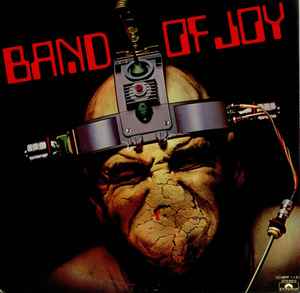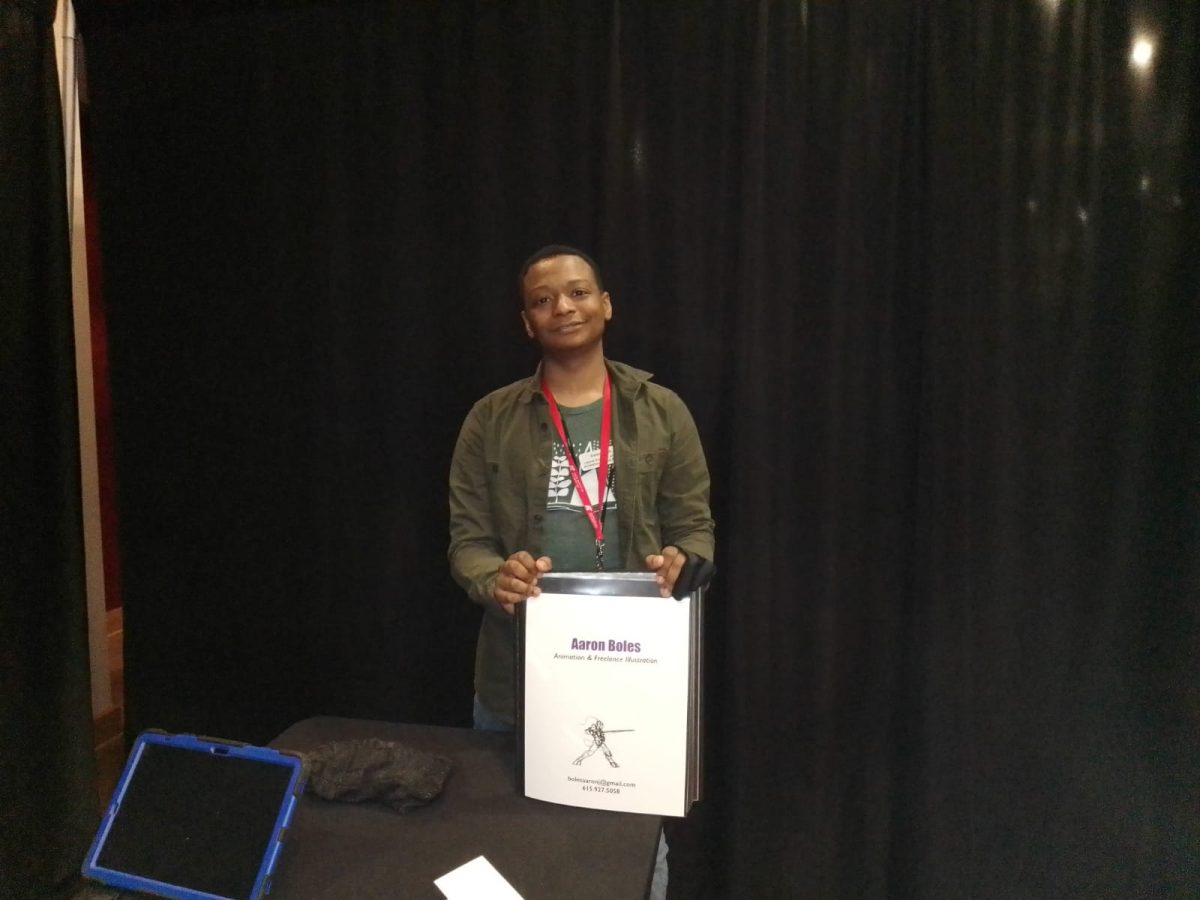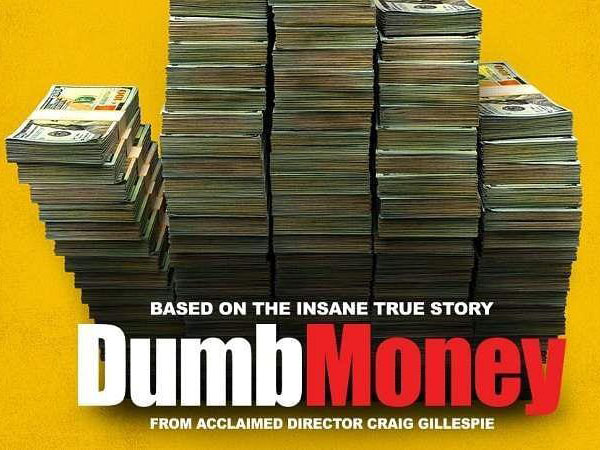What if I told you I have a vinyl from a band that once featured two future members of Led Zeppelin? What if another member would go on to join both Fairport Convention and Jethro Tull? What if the future frontman of Slade was their one-time roadie? And finally, how much is this record, apparently intertwined in British rock history, worth? Well, not much. So what is this mysterious record, and what does it sound like?
Band of Joy was an English rock band that went by many lineups, many with completely different genres. The original group was formed in 1966 and featured the future lead singer of Led Zeppelin, Robert Plant. Plant left after only a few months, but rejoined in a later incarnation which featured Plant’s friend and future Led Zeppelin drummer John Bonham. This incarnation also included Dave Pegg, who would go on to join Jethro Tull and Fairport Convention. And finally, their one-time roadie was Noddy Holder, who would later front Slade. Despite all this, no record contract materialized, and the band then disbanded again in 1968.
The band then reformed in 1977, with the only two holdovers being members who were decidedly not Plant, Bonham, or Pegg. They actually managed to release two vinyls under this lineup before breaking up again in 1983, and the first album is the one we’re interested in, “Band of Joy.” The self-titled release takes influence from blues and the band’s earlier soul sound, utilizes progressive melodies, and holds it all together with a lot of experimentation. Calling it a cult music is an understatement, and the album certainly doesn’t sound like anything else that I’ve heard.
The first song on the record should explain this musical amalgamation of ideas better than I ever could. “3 A.M. In The City” opens with a slow, cool, blues-inspired melody, but the thing that immediately threw me for a loop was the vocals. I wouldn’t quite say they’re badly mastered, but I will say for certain that they are mastered “differently.” They have a bit of an aggressive edge to them, along with a bit of blues wailing and an implacable ethereal quality. They’re also low in the mix, easily warped and concealed by the myriad of instruments and electronics swirling around above them. The vocals are not without issue, with grating and painful high notes present throughout the album.
My favorite song on the vinyl is “Overseer.” You can find a lot of blues piano here, and the drums and guitar are certainly playing second fiddle. Synthetic whirring and humming in the background adds a little anticipation, and the chorus is beautifully anxious. The whole song has an almost mournful tone, perhaps a hint of stress eventually leading to denial. I find myself humming along to it every now and then, especially while driving. It also doesn’t suffer quite as much from grating notes as other songs.
Ultimately, I think those who enjoy prog and classic rock should look into this album. Its unique blend of these various styles with soul influence creates a very unique sound I find myself enjoying for the majority of the tracks. I find it a little grating at times, but progressive influences are fairly distant from my personal palate. You can find the record on Spotify, and I’d recommend giving it a listen. You’ll be able to tell very quickly whether or not it’s for you, but it’s worth it for its distinctive tone and status as a tiny artifact of British rock history.













